What’s The Magic Behind Google Rankings And Search Engine Results | Hint Off-Page, On-Page, Technical SEO
If you own a business or are responsible for your web presence you’ve heard the term SEO. You’re probably familiar with the concept of Search Engine Results (SEO) and Search Engine Results Page (SERPs). You understand the importance of ranking well. But when someone tries to sell you SEO services and worse, explain SEO. You feel like rubbing snake oil on your palms may be a better solution.
Off-page SEO is what happens on other websites to signal to Google that your website is the best. This can include link building, content marketing, social media, podcasts, reviews, and many other tactics that can help your site rank higher in search results.
Let’s look at an example.
Mary at Salamander Spa posts new content about hairstyles for 2021 weddings on her website. She also posts a link to her page on Facebook and Twitter. The website page gets shared and other people start referencing the link in their posts and on their websites. I mean, the new hairstyles were really cool and unique, so everyone wanted to share.
Her page starts to rank on Google and it continues to get referenced. The page climbs in search results because brides & bridesmaids definitely care about hair. Without the off-page activity, Mary’s website wouldn’t rank as well as if it was just posted.
Sharing, linking, and engagement signals to Google,
“Hey, people like this page and find it valuable. You better make sure other people can find it in Google searches.”
Off-Page SEO works because
“other people”
on the internet are signaling to Google that your content is the best!
For a more technical explanation visit our friends at
SEM Rush.
What is On-Page SEO?
On-page SEO is about helping Google, Bing, and other search engines understand the material on a website. On-page SEO tactics include optimizing site content, title tag & meta tag optimization, H tag optimization, internal linking, image optimization, and more.
Here’s a quick example of how to improve your on-page SEO.
Far Horizons had your typical one-page website for a Condo Resort. Current customers could get their phone numbers and find their addresses, but the page was not optimized for Google. Far Horizons didn’t have title tags, expanded content, or much information besides a few pictures, so they didn’t have any real presence in the search engine results.
The old site was great for connecting with people who knew about Far Horizons, but they weren’t getting any new bookings from their website.
To increase traffic, Far Horizons built out their website to include additional content about their rooms, a gallery of photos, and information about restaurants and attractions within walking distance. They created separate pages for location and contact information. All of these pages were tagged and organized correctly using
on-page SEO best practices.
Because of their efforts, Far Horizons saw a 10x increase in their traffic and conversions.
For a more technical explanation of on-page SEO visit our friends at
SEM Rush.
What is Technical SEO?
Technical SEO is the technical performance of your website that plays an important role in your SEO rank. These technical features include site speed, structured data, canonicalization, XML sitemaps, Hreflang, and more.
Think about it this way. When was the last time you went to a site and your browser just spun? Did you wait?
If you’re like most people, you probably didn’t wait more than
a few seconds for the website to load. If you had a bad experience, clicked on broken links, and generally had trouble navigating, you probably didn’t go back. Google knows this and is less likely to show pages with technical issues to users. Functionality along with other technical configurations to your website support or hurt your technical SEO and Google rankings.
If you need help with increasing your website traffic and conversions, call us at 727.222.6984.





